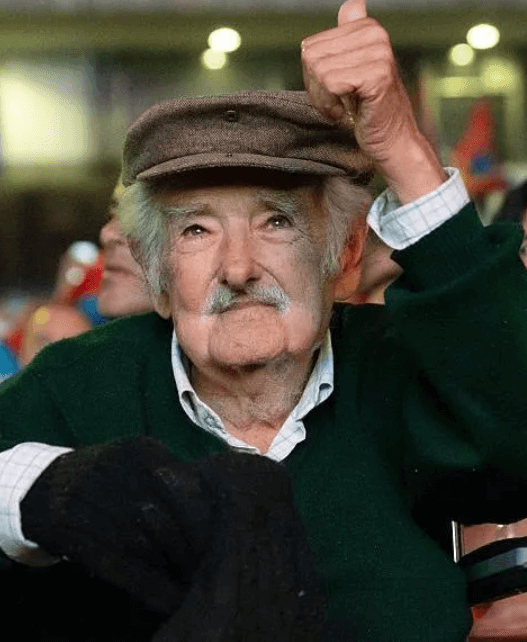NEW YORK — In a historic reversal, Major League Baseball Commissioner Rob Manfred announced the reinstatement of Pete Rose and Shoeless Joe Jackson, posthumously lifting their lifetime bans and making them eligible for induction into the National Baseball Hall of Fame.
The decision marks a major shift in MLB policy regarding Rule 21, which previously enforced permanent bans for violations involving gambling or game-fixing. Under the new interpretation, these bans will expire upon death, signaling a more legacy-focused approach to baseball’s history.
Why MLB Changed the Rule on Permanent Ineligibility
MLB’s Rule 21 exists to protect the integrity of the game by banning individuals involved in gambling-related scandals. Manfred stated in his letter to Rose’s attorney, Jeffrey Lenkov, that while the rule must remain in effect during a person’s lifetime, its purpose is no longer applicable after death.
“In my view, once an individual has passed away, the purposes of Rule 21 have been served.”
— Rob Manfred, MLB Commissioner
This reinterpretation has led to the reinstatement of 17 individuals, including:
-
All eight players from the 1919 Chicago Black Sox
-
Former Phillies president William D. Cox
-
Outfielder Benny Kauff
-
Pete Rose, MLB’s all-time hits leader
Pete Rose: A Legendary Career Shadowed by Controversy
Pete Rose, also known as “Charlie Hustle,” enjoyed one of the most prolific careers in baseball history:
-
4,256 hits (MLB record)
-
3,562 games played
-
17-time All-Star
-
1963 NL Rookie of the Year
-
1973 National League MVP
-
Three-time World Series champion
However, Rose agreed to a permanent ban in 1989 after a league investigation concluded he had bet on games while managing the Cincinnati Reds. He later served five months in federal prison for tax evasion.
Rose applied for reinstatement multiple times, most recently in 2015, but all were denied—until now, eight months after his death in September 2024 at age 83.
Shoeless Joe Jackson: The Forgotten Giant of the 1919 Black Sox
Shoeless Joe Jackson, widely regarded as one of the greatest hitters of the early 20th century, was banned in 1921 due to his alleged role in the Black Sox scandal despite posting a .375 batting average in the 1919 World Series.
Jackson’s case has long stirred debate over whether he was truly guilty. His reinstatement may now revive hopes for his recognition as one of baseball’s most talented yet misunderstood figures.
How They Can Now Make the Hall of Fame
Due to a rule change by the Hall of Fame in 1991, anyone on the ineligible list couldn’t be considered for induction. With the bans lifted, Rose and Jackson are now eligible for review by the Classic Baseball Era Committee.
Timeline to Induction:
-
Next review: December 2027
-
Induction year (if elected): Summer 2028
How It Works:
-
The Hall’s 10-person Historical Overview Committee will nominate up to 8 candidates.
-
A 16-member voting committee (Hall of Famers, executives, historians, and media) votes.
-
75% or more (12 votes minimum) required for induction.
Hall of Fame Chairman Jane Forbes Clark confirmed:
“Anyone removed from Baseball’s permanently ineligible list will become eligible for Hall of Fame consideration.”
Pushback from the Giamatti Family
Not everyone agrees with the decision. Marcus Giamatti, son of the late Commissioner A. Bartlett Giamatti (who banned Rose in 1989), voiced strong disappointment:
“The Commissioner’s decision makes this a very dark day for baseball. It puts the integrity of the game and my father’s legacy in peril.”
The Giamatti family stated they were not consulted prior to the decision.
Did Donald Trump Influence the Decision?
Former President Donald Trump has long supported Rose’s reinstatement and stated intentions to pardon him posthumously. While Commissioner Manfred acknowledged discussing Rose with Trump in April, no details were released, and it’s unclear whether presidential involvement influenced MLB’s decision.Historical and Cultural Significance
This decision not only reopens the Hall of Fame conversation for Rose and Jackson but also invites a deeper look at how the game views morality, legacy, and punishment. For decades, both names have symbolized the consequences of crossing the line — yet they are also reminders of greatness left in limbo.
For Rose supporters, this move represents redemption. For others, it may seem like a rewriting of rules that were once sacred to baseball’s core identity.





















